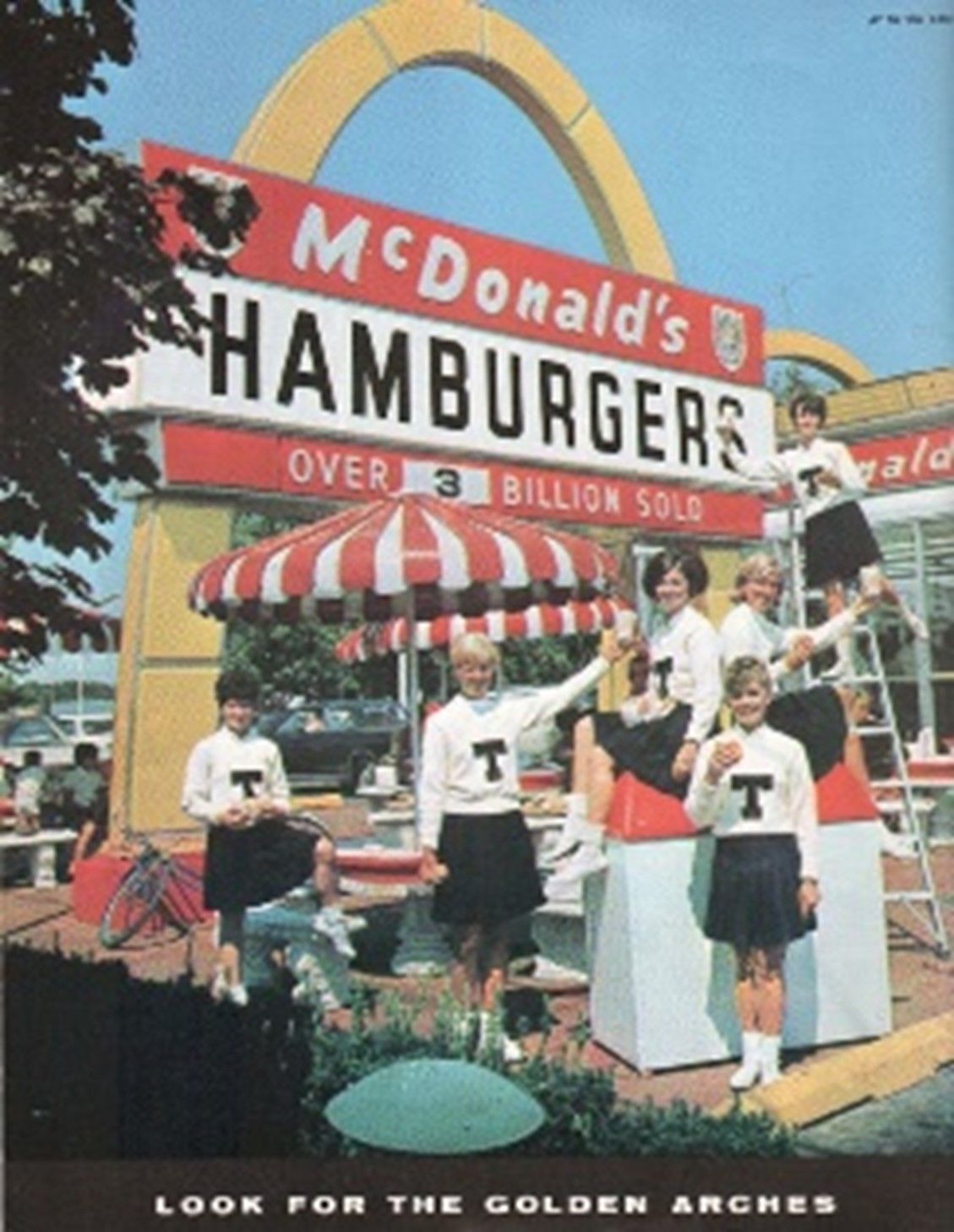More happy workers, more happy meals

Every child recognises the big yellow M: the largest fast food chain in the world owns one of the most valuable brands, too. What many people don’t know is that McDonald’s doesn’t sell burgers – it sells licenses. The franchise model has made McDonald’s a global success, with self-employed entrepreneurs paying for rent and the right to run a McDonald’s restaurant. But there’s a downside to this model. All over the world, serious violations of labour rights occur time and again at McDonald’s franchises. This has prompted a dialogue with the company that has spanned several years.
Patchy monitoring
Today, 95% of McDonald’s restaurants are run by franchisees and employ around 2 million people worldwide. What makes McDonald’s so special is its high level of standardisation: no matter which store the customer steps into, they should find a familiar menu and the same level of quality. But the strict quality controls and conditions imposed on franchisees seem to be somewhat patchy in terms of safeguarding basic labour rights for employees. In recent years, there have been repeated breaches of core labour standards at numerous locations. These cannot be explained by individual «black sheep»: accidents caused by hazardous and stressful working conditions, sexual harassment by line managers, non-payment of wages and the employment of children and young people far beyond the legal limits.
Investor perspective
For us as investors, these incidents are problematic in two respects. On the one hand, they violate our normative basis, which also includes core labour standards. On the other, we firmly believe that they will damage the McDonald’s brand in the long term and function as a boomerang with respect to the increasing competition for workers. An OECD study investigated the effects of labour shortages and concluded that companies that provided good conditions for their employees before the pandemic had fewer problems and were able to fill any vacancies much faster.
Dialogue with McDonald’s
SVVK therefore asked McDonald’s for a meeting to find out how the company intends to better protect its franchisees’ employees. After initial attempts at contact were unsuccessful, we approached the Board of Directors and the new management of the Swiss subsidiary and coordinated with other investors. This proved to be expedient for both sides and resulted in a constructive dialogue.
Measures
McDonald’s has given assurances that it has recognised the problem and is prepared to revoke franchisees’ licenses in serious cases. While most directives to franchisees are of a recommendatory nature, more stringent standards are already in place in some areas, e.g. regarding the recruitment of migrant workers. In addition to better monitoring and training programs, the company also wants to give greater recognition to exemplary franchises with a good working culture and make them visible internally. We very much welcome this, but the most important aspect for us was to hear how clear the business case is in this instance. McDonald’s can use business data to demonstrate to its franchisees that satisfied employees lead to higher customer loyalty and – ultimately – higher sales.
Outlook
We now expect that McDonald’s clearly communicates these connections and drives cultural change. This case shows that economic and ethical aspects are not mutually exclusive: in the long term, they usually go hand in hand. Competition for labour will intensify against the backdrop of demographic change and the declining willingness to compensate for this through migration. Companies would be well advised to look at the issue of labour rights with an open mind. Protecting employees contributes to a good workforce and to prosperous companies – i.e. customers – in the long run. SVVK looks forward to progress on this issue and encourages the continuation of the dialogue this year.
Publication: March 2025
___________________________________________________________________
Update
At the end of 2025, the SVVK coordinated a second follow‑up meeting with McDonald’s. The exchange showed that McDonald’s had not been inactive and had taken further steps in the right direction. Some of the issues raised in 2024 had already been addressed; among other things, McDonald’s now promotes exemplary franchisees and uses them as role models in peer‑training sessions to encourage a shift in mindset – with the message that satisfied employees are not a cost driver but a factor of success.
Carrot and stick?
Cultural change requires both positive and negative incentives – rewards, monitoring and, where necessary, sanctions – as well as the right framework conditions. However, the discussion once again made it clear that early detection, particularly in the United States, remains inadequate. As company representatives openly admitted, McDonald’s often only learns about labour rights violations through media reports.
It is positive that, for the first time, a global assessment framework for franchisee misconduct has been established, allowing for tiered sanctions up to and including the withdrawal of licences. Prevention efforts are also to be strengthened. In England and other countries, the “Crew Listening” programme has been launched to promote a “speak‑up culture”. Trained staff at the company’s headquarters – and not at the franchisees – serve as the first neutral point of contact for employees in cases of labour rights‑related incidents.
Framework conditions
From our perspective, the discussion did not sufficiently reflect the fact that meaningful change requires the right framework conditions and a clear direction. Increasing pressure on franchisees without consistently and strongly emphasising labour rights risks a deterioration of workplace culture. Overall, the dialogue shows progress, but genuine change requires not only a clear stance from senior leadership but also a long‑term commitment. The SVVK and its members encourage McDonald’s to more firmly integrate the significant financial value of satisfied employees into its own convictions and to emphasise this repeatedly – not only internally, but also externally towards ESG‑critical investors.
Publication: February 2026
Sources: SVVK-ASIR. Image: Toledo, McDonald's 1967 (DBduo Photography, Flickr).